 Reading a recent interview in the Yorkshire Post with Liz Truss, a Conservative Cabinet Minister and International Trade Secretary, she is following her political party’s positive outlook for the UK post-Brexit when it comes to international trade, despite the concerns of other political and business leaders on the issue that has divided the nation.
Reading a recent interview in the Yorkshire Post with Liz Truss, a Conservative Cabinet Minister and International Trade Secretary, she is following her political party’s positive outlook for the UK post-Brexit when it comes to international trade, despite the concerns of other political and business leaders on the issue that has divided the nation.
Putting any personal feelings aside on Brexit, it’s important we look at this objectively and focus on the positive opportunities this may bring to the UK rather than the doom and gloom that seems to be occupying the news columns.
Free Trade
While Mrs Truss focuses on how important it is for the UK to trade with the USA in this article, it does draw a lot of comparisons with our specialist area of international business consultancy, South East Asia, with the ‘free trade’ opportunities her party wants to negotiate with the rest of the world for the UK to trade anywhere post-Brexit.
Their plan is to ‘get 80 per cent of all the trade we do in the UK covered by free trade agreements’ which will remove tariffs and generally make it easier for UK businesses to trade internationally. We will wait with anticipation post-election to see who gets into power and how this progresses.
At present, Yorkshire’s biggest export market is the USA – a non-EU global superpower. In reality, whatever the end result of Brexit the UK can still trade with the USA regardless, so what’s stopping us doing this elsewhere?
South East Asia is also open for business!
South East Asia is an engine for growth which will be realised over the next 10 years or so, however you need to be there to take advantage of these opportunities!
It’s no surprise to us that electrical technology giant Dyson have moved their headquarters to Singapore and already have manufacturing facilities in Malaysia – they understand that there are opportunities to sell their products into the growing and vibrant economies of South East Asia.
But what about the cost of manufacturing?
It is true that manufacturing in the UK and exporting to South East Asia is expensive and may be difficult to justify in a global market.
However, by setting up manufacturing facilities in Malaysia, as Dyson have done, they can take advantage of cheaper work force and raw materials, and make it more affordable for them to bring their products into these markets. More than ever, the onus is on manufacturers to produce high quality goods to customers who do not wish to pay more.
But even Dyson are behind the curve when compared to other technology giants who are focusing on Vietnam as an even cheaper manufacturing base to tap into the region.
Who is there to help?
There are skilled International Trade advisers on hand to help in every region, be them independent advisors like Mosaic International, or government bodies, who are always on hand to help expel any myths about how difficult it is to take the first steps into entering these markets.
You will also find that many advisers work in specialist fields so can offer very specific advice. Our own particular area of expertise is South East Asia, and we know just how upcoming and vibrant these markets are, and how important the culture fit is in being able to do business.
So, whilst we live in hope that post-Brexit the UK will be able to break down any trade barriers as easily as say Australia and the USA have done, businesses in the UK should now be looking into alternative markets for expansion. By embracing new technologies, distance need not be an issue.
If you would like to tap into our knowledge of the business opportunities available in South East Asia drop us a line on 07885 784783 or kiley.tan@mosaicint.co.uk
